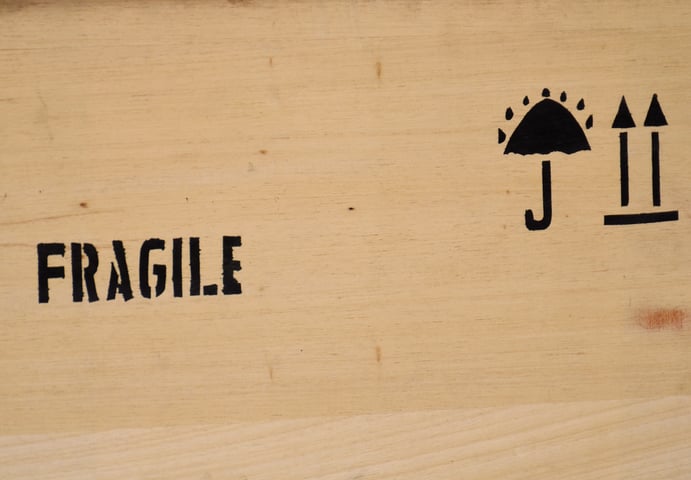REDWOOD LOGIN
Redwood PortalLTL
SCS
SCS Support
Rockfarm
 Processing a freight claim is a standard operating procedure for shippers who suffer damage of their valuable commodities. Whether it’s caused by negligence or mistake, it’s assumed that the cost of a freight claim is simply to recoup the cost of damaged goods. However, just like any other financial transaction, there is a difference between price and cost.
Processing a freight claim is a standard operating procedure for shippers who suffer damage of their valuable commodities. Whether it’s caused by negligence or mistake, it’s assumed that the cost of a freight claim is simply to recoup the cost of damaged goods. However, just like any other financial transaction, there is a difference between price and cost.
Noted below we’ll discuss some of the hidden costs associated with submitting or dealing with a freight claim.
When an error or damage is discovered in the handling of your freight, either by a third-party logistics company, distribution warehouse or carrier, there is the cost of processing all the required paperwork needed to file the claim. In most cases, you will spend anywhere from 2 to 3 hours filling out the reports. Beyond the actual cost of filing the claim, there are other time considerations that need to be considered.
• Following up with the carrier: Filing the claim is just the first step. While there are some very good and ethical carriers out there – many of them will take their time filing a damaged freight claim. So, following up with the carrier or recipient of the freight claim will require time spent on following up to ensure timely return of funds.
• Meeting with carrier’s insurance or inspector: Unfortunately, simply putting in paperwork is not going to guarantee a quick payment or processing of the freight claim. Like any other insurance claim, an independent agent that supports the carrier is going to take time to investigate the validity of the claim. This again will cost more time on your part or an employee of the company.
• Determining the damage of the product: When freight is damaged, it is typically returned to the shipper. In most cases, the carrier will determine the level of damage or will have to replace the item completely – again, cost you more time.
One of the annoying realities of filing a damaged freight claim is that most carriers will cover the total damage to the item – but not the complete retail value. The insurance companies that cover the carriers expect shippers to determine the actual damage caused. For example, if you have a pallet of 50 individual items that were damaged, but only 25 of the actual products suffered complete damage, it means that 50% of the value would likely be covered by the carrier.
So, this leads to the reality of storing and disposing of damaged freight. While it might seem attractive to sell damaged goods at a reduced cost, sometimes this can backfire. If customers buy a product that is not 100% in great shape, and experience issues with it, they’ll likely complain to either you or their online social media friends. This can stimulate a ton of negative PR – even if they knew that they were purchasing a damaged item.
This reality creates an additional cost – disposing of the damaged freight. If there are hazardous materials in the commodity, the price of disposal can be excessive.
A reality that exists for any industry, is that your customer doesn’t care about why their products did not arrive on time. When damaged commodities are processed through a freight claim, it can – and often does impact the customer's opinion about your company. If you have a situation where your customer received damaged products – it can create additional headaches. Consider these questions as costs to your business:
• Online Does the customer blame you or the carrier? In most cases, you’re the shipper who chooses that shipper, so the fault in the customer's eye is yours.
• Will the customer speak negatively about their damaged products? You bet – in fact, most customer service experts indicate that dissatisfied customers will go out of their way to tell others about a negative experience.
There are several, additional costs of filing a freight claim. The best thing any shipper can do is become proactive about reducing the potential of damaged freight in the first place. Working with a professional 3PL that can guide you towards which carriers are better equipped to handle your precious commodities is a great first step.